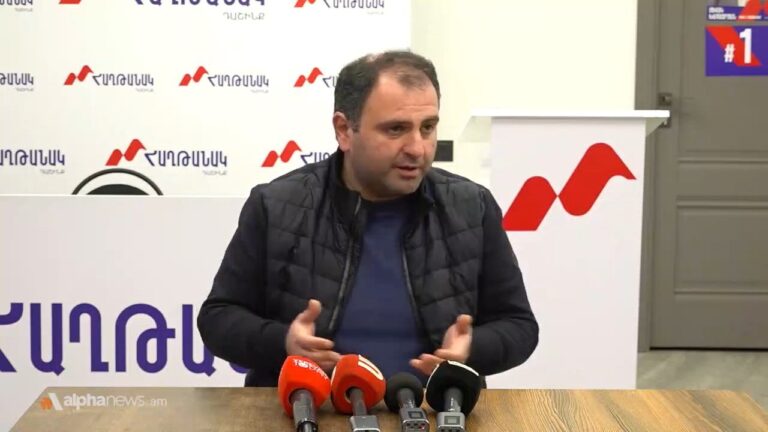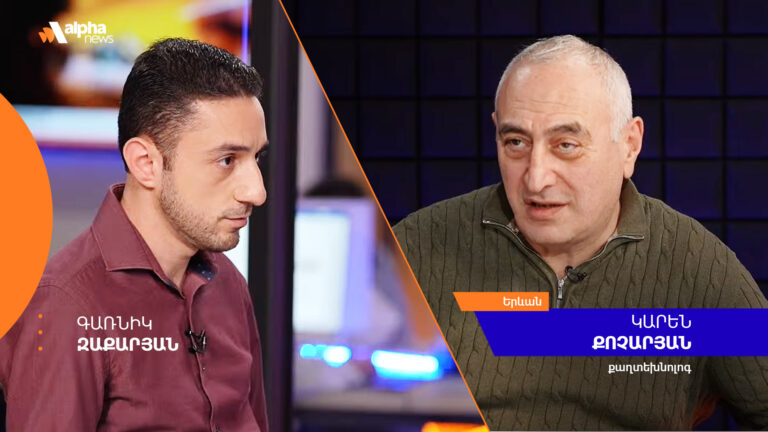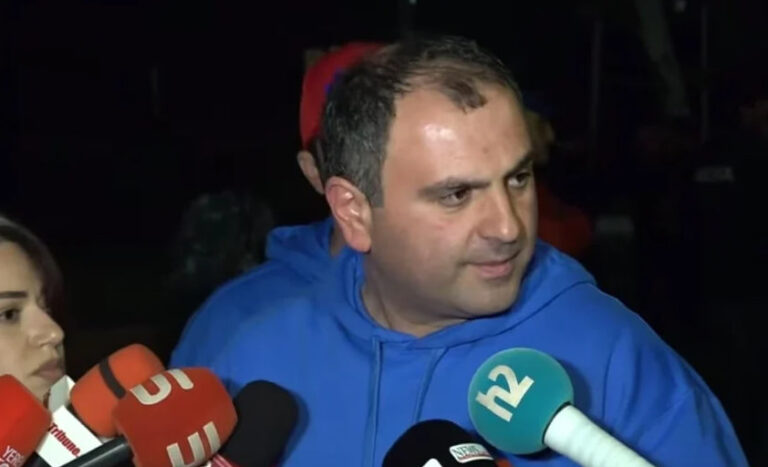‘I will be happy to return to Artsakh, if Artsakh is Armenian’: Witnesses of Artsakh exodus #1
October 10 2023, 13:35
“I will be happy to return to Artsakh, if Artsakh is Armenian, I am sure that the majority will do the same,” Honored Cultural Worker of Artsakh Slava Apresyan said in an interview with Alpha News.
On September 29, Slava Apresyan, 71, together with the families of his two daughters, left Artsakh. They reached Goris 28 hours later.
Slava prefers not to talk much about the exodus.
“It was a difficult and cruel path, but we had to overcome it,” he briefly describes what he saw with his own eyes.
Slava Apresyan studied at the Baku Conservatory. He knows Azerbaijanis very well and is sure that it will be impossible to live together with them.
“I have studied in Baku for five years and I know them very well. During Soviet times, Azerbaijanis did not clearly demonstrate their hatred towards the Armenian people, however, it was noticeable. I had the opportunity to stay in Baku, but I didn’t want to, and returned to Stepanakert. I saw a lot of things, it was simply impossible to live with them. During the blockade, I already said that if people start suddenly leaving Artsakh, we must leave too, because it is impossible to live with these animals, especially when there are girls in the family,” he said.
Slava Apresyan’s family managed to register in Goris and then headed to Yerevan, where the director of the Teryan Cultural Center Lilit Melikyan rented an apartment for them.
“I have no expectations from the state. If we had power, we would be in our homes now,” he said.
For 20 years, Slava Apresyan has led the Artsakh State Ensemble of Folk Song and Dance “We are Our Mountains”, performing numerous concerts in the largest cities of Russia.
In recent years he has held the position of artistic director of the children’s and youth ensemble “Artsakh kids” in the Charles Aznavour Cultural Center.
After the 44-day war, Slava Apresyan performed with Artsakh kids in Sochi, this was their last performance outside of Artsakh.
“After the blockade, we had no more energy, but we worked hard. We did not want to leave our homeland. But, unfortunately, we had to,” he said.
“Before September 19, we had neither gas nor electricity, and after the war the water supply stopped. There were rumors that the Azerbaijanis had poured diesel fuel into the water; it actually smelled like diesel fuel. There was a shortage of bread; those who had flour gave it to others so that they could bake bread on wood stoves,” Slava Apresyan said.







